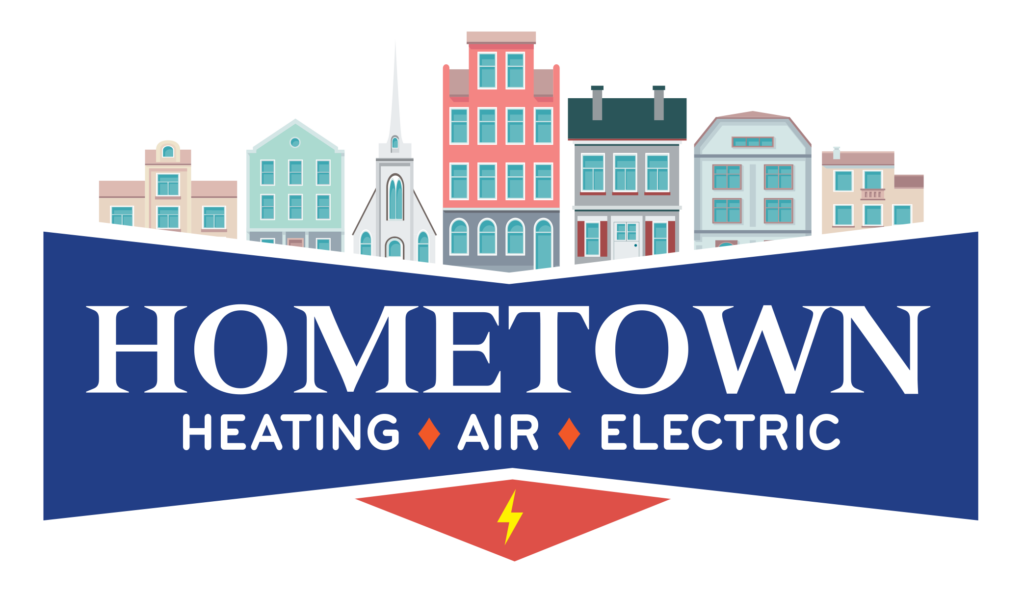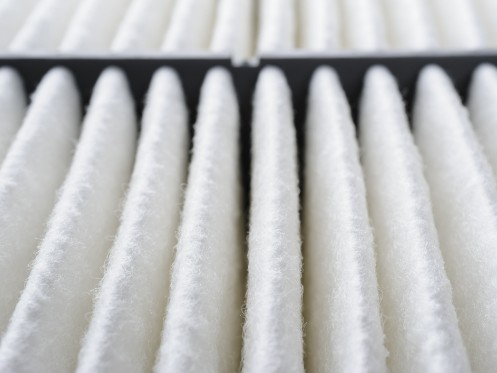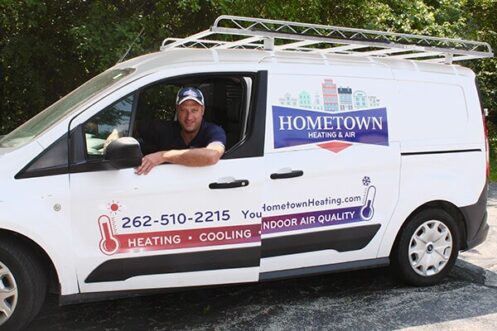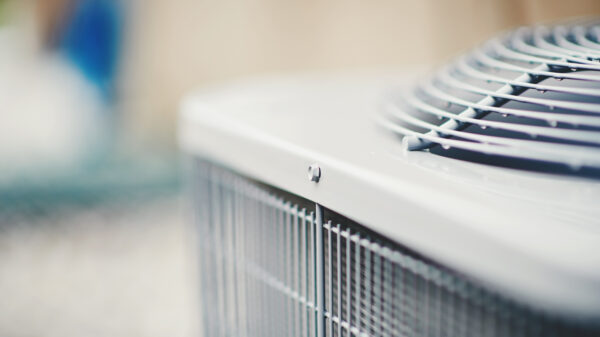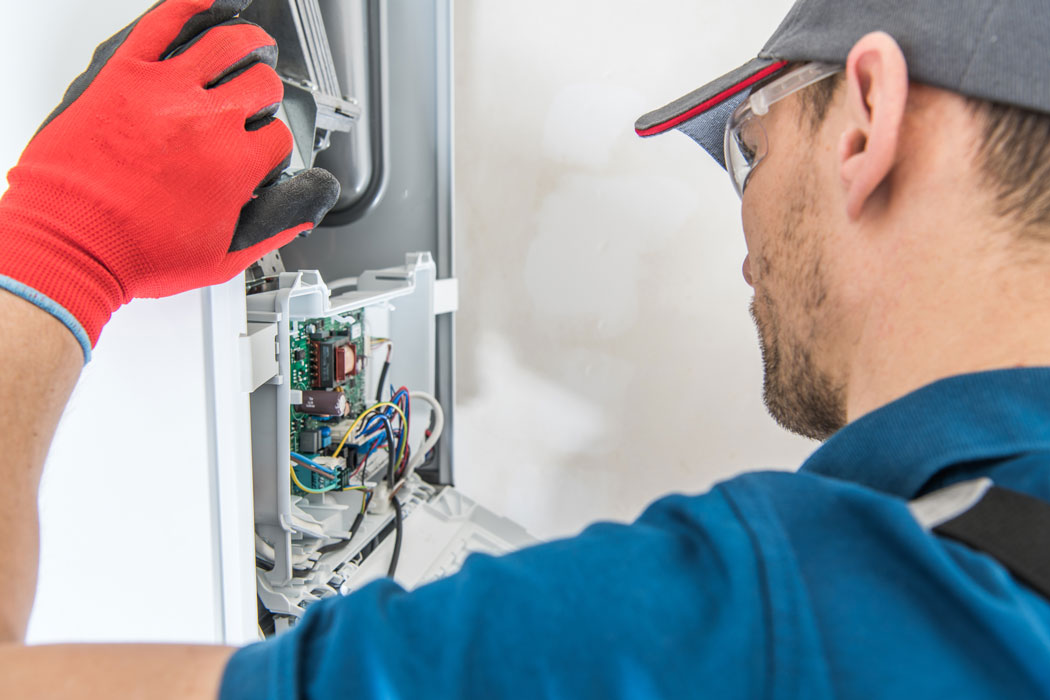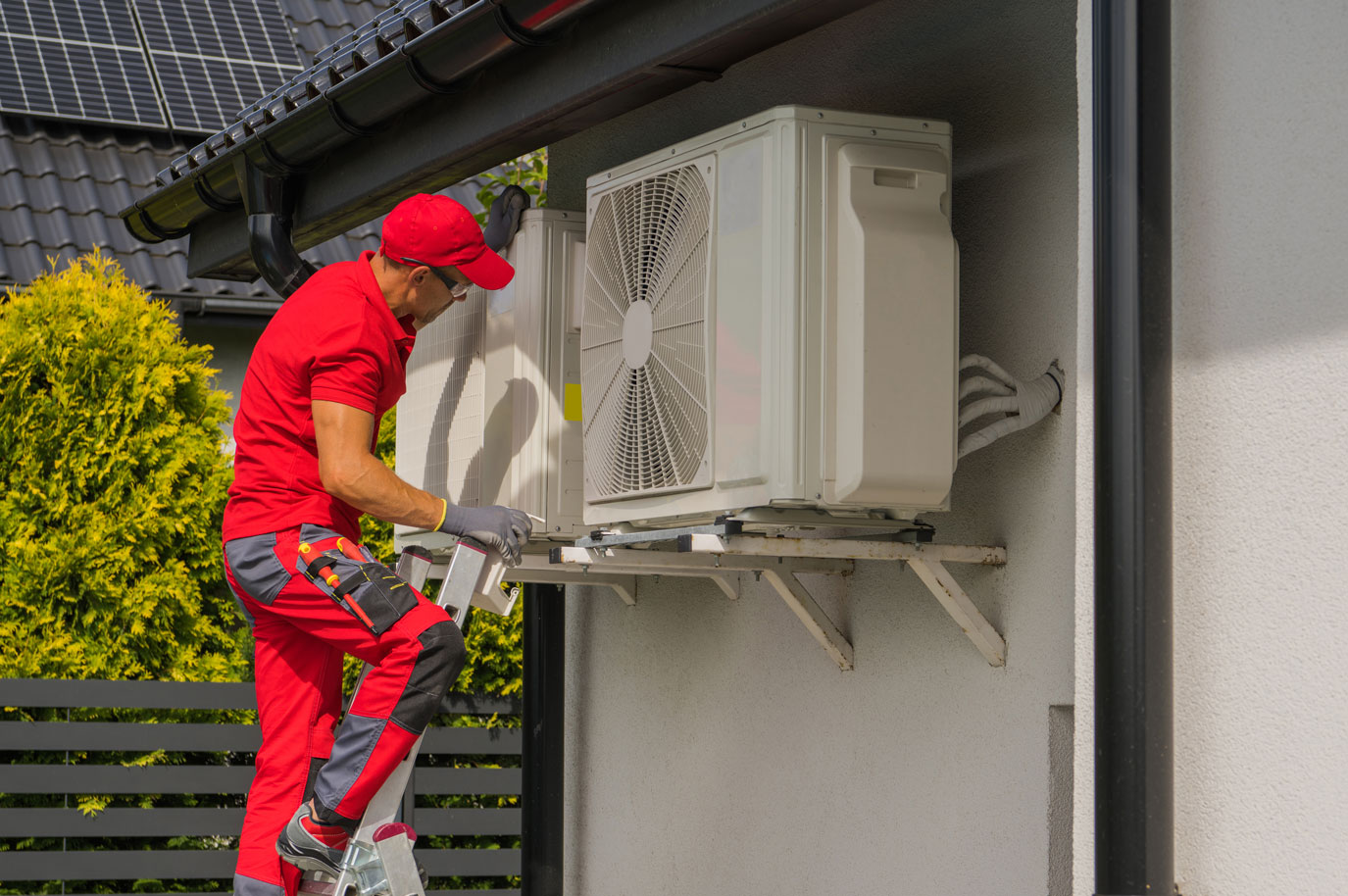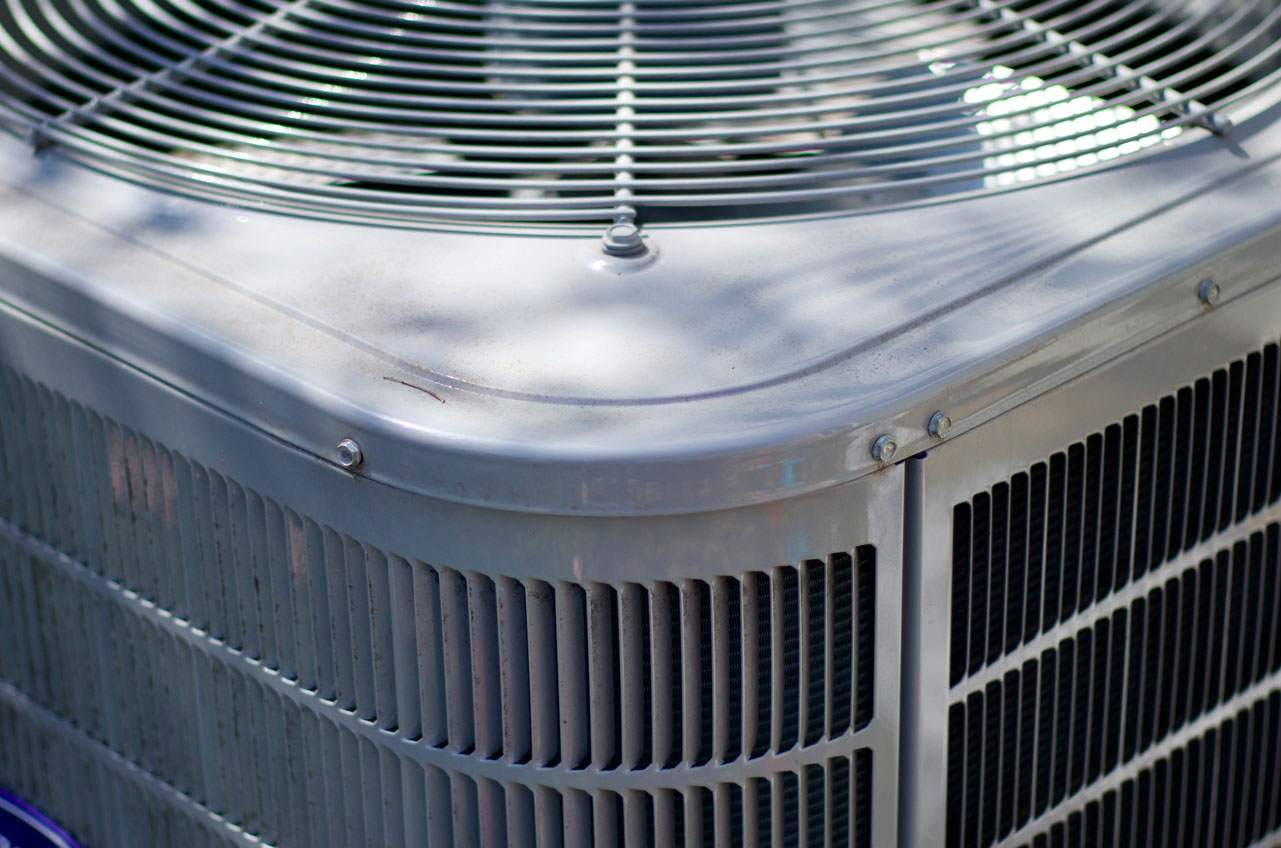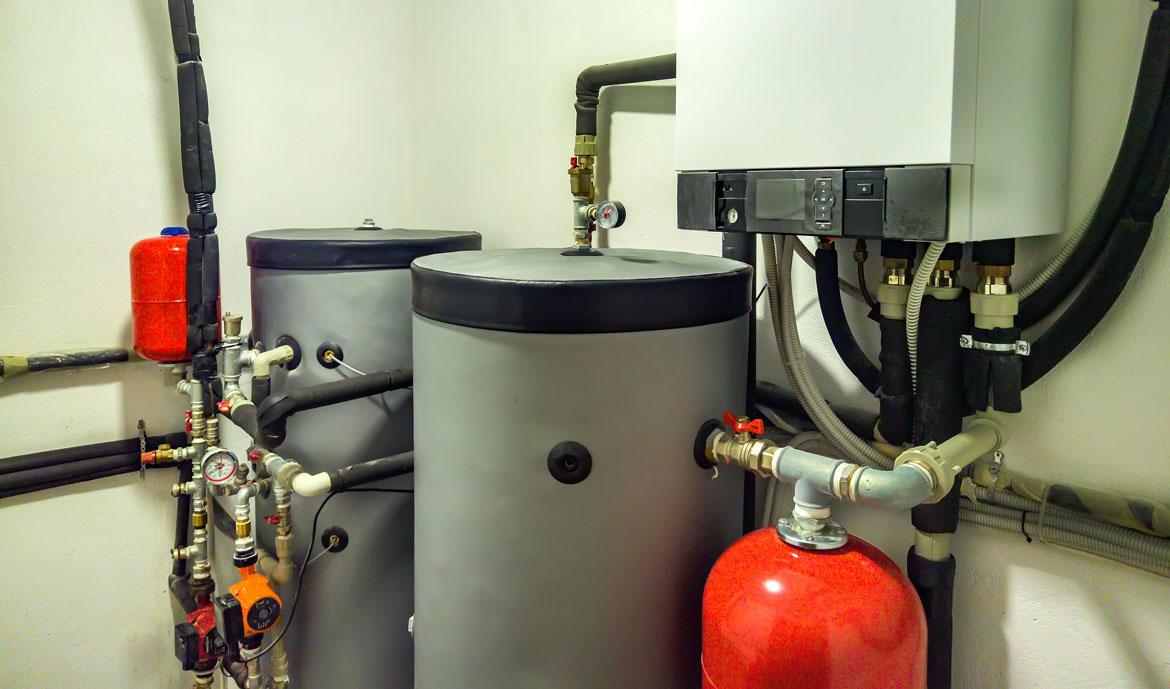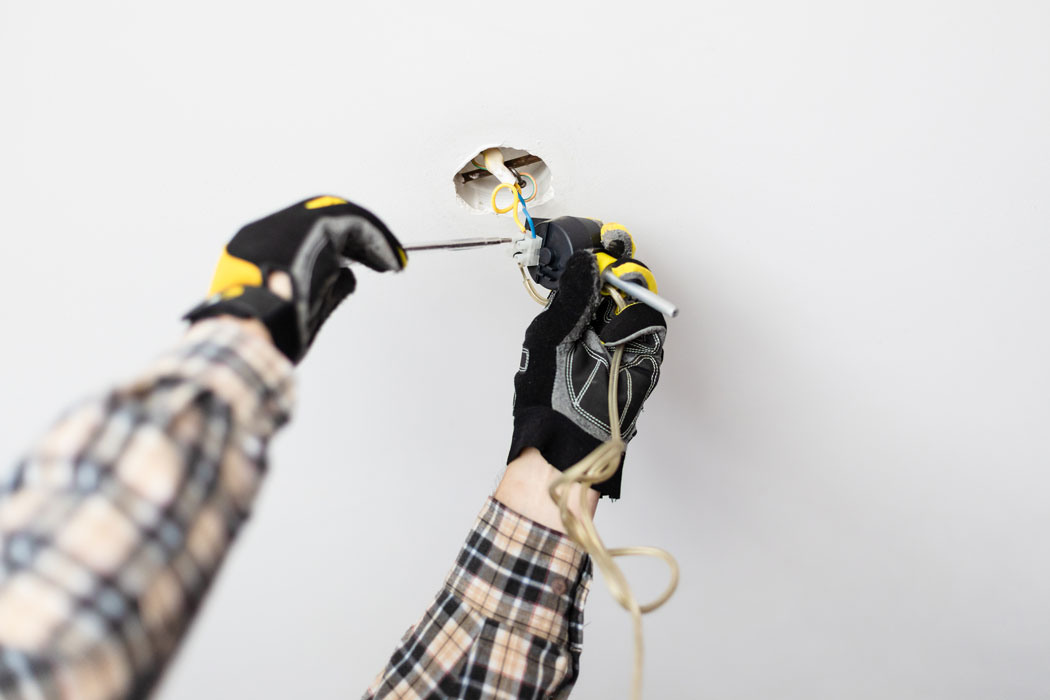Home filtration systems can help combat seasonal allergies by improving indoor air quality. According to the Asthma and Allergy Foundation of America, more than 50 million Americans suffer from allergies. Whether the symptoms include a runny nose, itchy throat, or sneezing, it is understandable that people suffering from allergies want relief inside the home. While some families purchase individual filters or humidifiers for rooms, whole-home filtration systems can purify the air in each room.
What Are Seasonal Allergies?
Seasonal allergies refer to involuntary responses from your immune system in reaction to changes or foreign substances in the environment, and despite the name, they can occur year-round. The substances that cause this bodily reaction are known as allergens. While allergens often derive from outdoor sources, these substances can also become trapped in the home and compromise indoor air quality.
What Are Common Types of Seasonal Allergens?
One of the most common types of seasonal allergens is pollen. Throughout spring and summer, plants release pollen for reproduction. This pollen can travel for miles and enter the home through doors, windows, vents, or chimneys. Residents can also track pollen into their homes when it lands on their shoes, hair, or clothing. Once trapped in the home, pollen can exacerbate allergy symptoms like watery eyes, sniffles, sneezing, wheeziness, shortness of breath, or nasal discomfort.
Mold and mildew are other types of seasonal allergens. While mold and mildew can grow throughout the year, these biological pollutants thrive in hot and humid conditions. Although not every type of mold causes allergies, experts recommend removing all mold growth from the home. Similarly, other indoor allergens can include pet dander, dust mites, or carpet debris. Dust mites thrive during high-humidity seasons, so it is important to find ways to reduce these allergens and help yourself breathe easier.
How Can A Whole-Home Filtration System Help Reduce Seasonal Allergies?
One of the main purposes of a whole-home filtration system is the reduction of unwanted air particles that can trigger seasonal allergies. Indoor air with high concentrations of particles like pollen or dust mites can result in allergy symptoms. Once inside your home, these contaminants are nearly impossible to remove by just opening a window or turning on a fan. In fact, opening windows and doors could let even more allergens into the home, and turning on fans may simply circulate these particles. Fortunately, an air filtration system can help clear these contaminants from indoor air and may help lower the negative impact these unwanted particles can have on your breathing.
What Are The Key Benefits of a Whole-Home Filtration System?
One of the top benefits of a whole-home filtration system is coverage. While a portable filter may help remove allergens in individual rooms, a whole-home system works in each room of your house. This means that there is no need to worry about tracking allergens from one room to another or misidentifying the room with the greatest number of allergens. Instead of picking and choosing which rooms get filtered air, consult with a technician to get coverage for the entire household.
Whole-home systems can filter the air in high-traffic areas like living rooms as well as sensitive areas like nurseries and bedrooms of the elderly. In this way, you do not have to purchase multiple devices to achieve filtration in important areas of the home. Whether you need to filter the kitchen or feel concerned about a room near a pollen-producing tree, whole-home filtration is an efficient way to provide full coverage. Finally, whole-home systems may also reduce concerns about noise levels or the management of multiple devices taking up space throughout the house. Instead of purchasing a noisy device or trying to hide an unattractive unit, upgrade to a more centralized filtration system for the entire household
Contact Us Today
Seasonal allergies impact millions of Americans each year. Instead of letting allergens build up in your home and cause discomfort, reach out to Hometown Heating, Air & Electric for whole-home filtration installation. We offer indoor air quality solutions for households in Cedarburg, WI and surrounding areas. Additionally, our technicians provide HVAC and electrical services. Contact Hometown Heating, Air & Electric for more information on installing a filtration system in your home.
